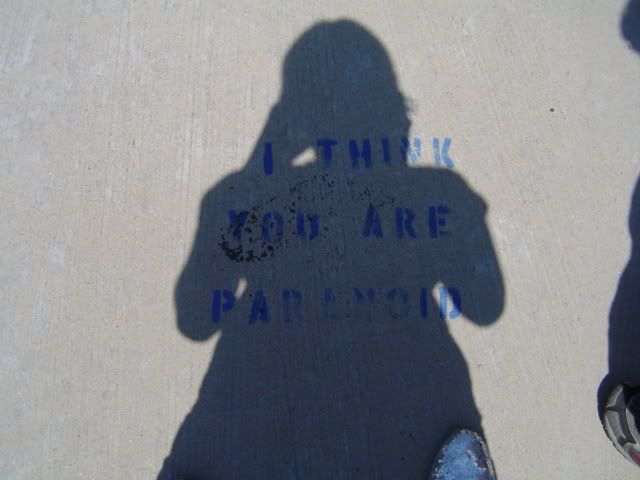Here's a quick list of what I'm going to scan:
- 2 Viewmaster reels
- puzzle pieces
- greeting cards and envelopes
- tiny, thumbnail-size Ansel Adams images
- philosophy related library index cards (whole and in pieces)
- a deck of miniature playing cards
- film negatives
- Polaroids (I still have a pack of 10 left to shoot)
- a chart depicting Genesis 1:1 in computer code, courtesy of Westminster Theological Seminary
That chart of Genesis 1:1 fascinates me because it accounts for untranslatable words by using the symbol '#' as a placeholder. It reminds me of Howe's inclusion of a chart depicting various alphabets, the one I mentioned in an earlier post about a language curtain.
What is a reader's experience of encountering untranslatable words, placeholders, and gibberish? I suppose either your brain must "skip" the word, mining the whole sentence / phrase / paragraph to get a general meaning from context, or you substitute something else that makes sense to you. Maybe this is the Rorschach test of reading, where your own interpretations reveal more about you to you than about the author.

No comments:
Post a Comment